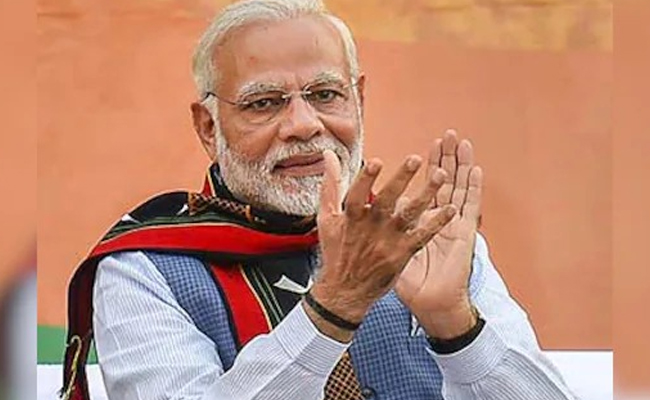
India News

When Narendra Modi took charge as India's Prime Minister in 2014, the country's political landscape changed dramatically. Many regional and national leaders who had been in power at the time faded away. Despite these shifts, Modi's dominance continued, with NDA securing a massive victory beyond expectations. Even though it was possible for BJP to form a government on its own, they chose to stay in a coalition.
As five years passed, many speculated that opposition to Modi would grow, especially with the challenges that arose after his first term. Critics, including Chandrababu Naidu of the Telugu Desam Party, believed that Modi’s wave had come to an end. However, 2019 elections proved otherwise. Despite challenges like demonetization, GST, and rising inflation, BJP won even more seats than in 2014.
Generally, after a five-year term, opposition often increases, leading to a loss of seats for most parties, but Modi's BJP defied this trend and even gained more seats. This is largely attributed to the situation at the border and Modi's ability to capitalize on nationalistic sentiments, which resonated with the public.
However, despite these gains, questions remain about whether political success based on emotional issues like religion and nationalism can sustain long-term success. Although Modi's government has faced criticism for lacking substantial welfare schemes or initiatives benefiting common people, the BJP still maintained its grip on power.
In his tenure, Modi's government has withdrawn many subsidies and has not introduced new schemes like Congress' NREGA (National Rural Employment Guarantee Act). Additionally, the Right to Information Act, brought in during Congress' rule, played a significant role in promoting transparency, which is now being forgotten.
Despite all the controversies—demonetization, poor handling of the GST, rising fuel prices, inflation, and issues with farmers' support prices—Modi’s popularity remains intact. BJP's recent successes in state elections, including Maharashtra and Delhi, reflect a robust political momentum that seems unaffected by past failures.
Looking ahead to the 2024 elections, even if Modi's leadership results in some seat losses, his party’s momentum is expected to continue with future victories. BJP's increasing success in state elections indicates that they are likely to make a stronger impact in national politics.
In summary, despite economic setbacks and growing dissatisfaction among certain sections of society, Modi's leadership seems to remain untouchable, with BJP's dominance continuing. Whether his leadership will ultimately translate to significant improvements in the living standards of the common people remains a topic for deeper debate. However, politically speaking, it seems Modi has secured his place as one of the most enduring leaders in Indian history.
Advertisment